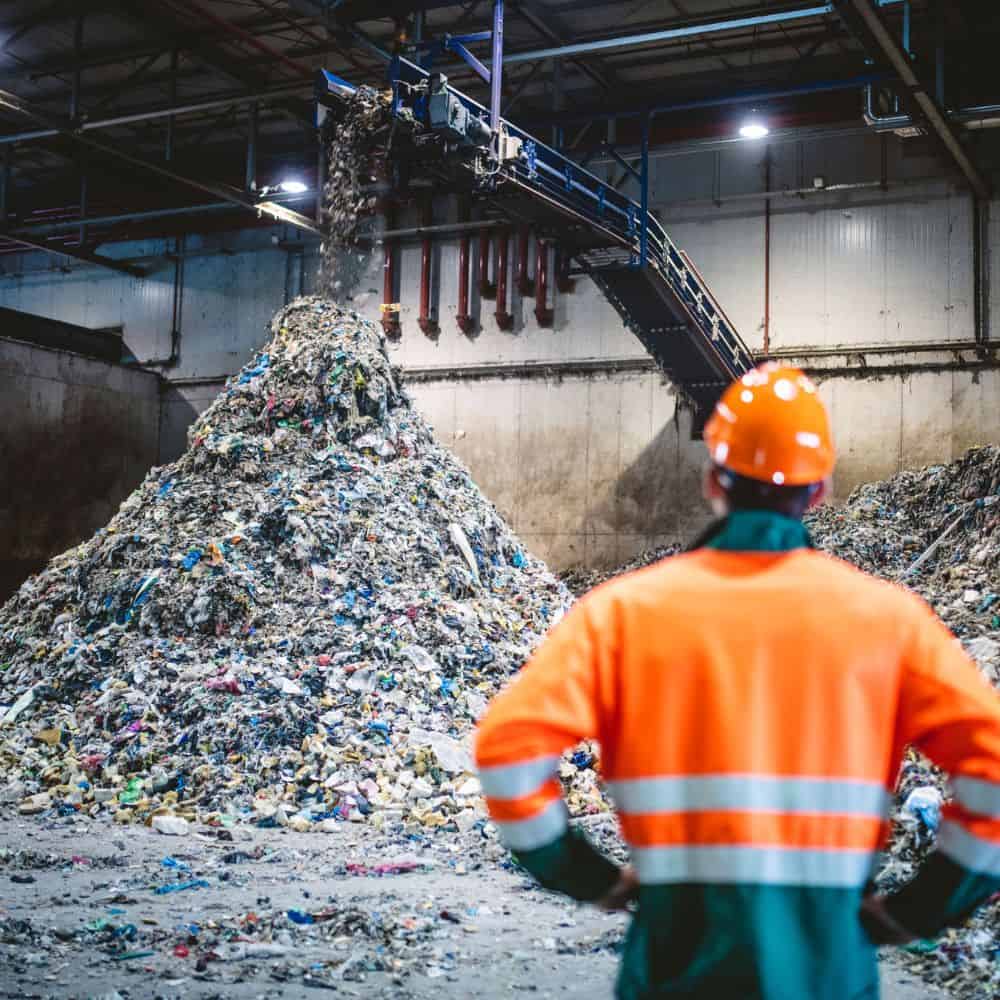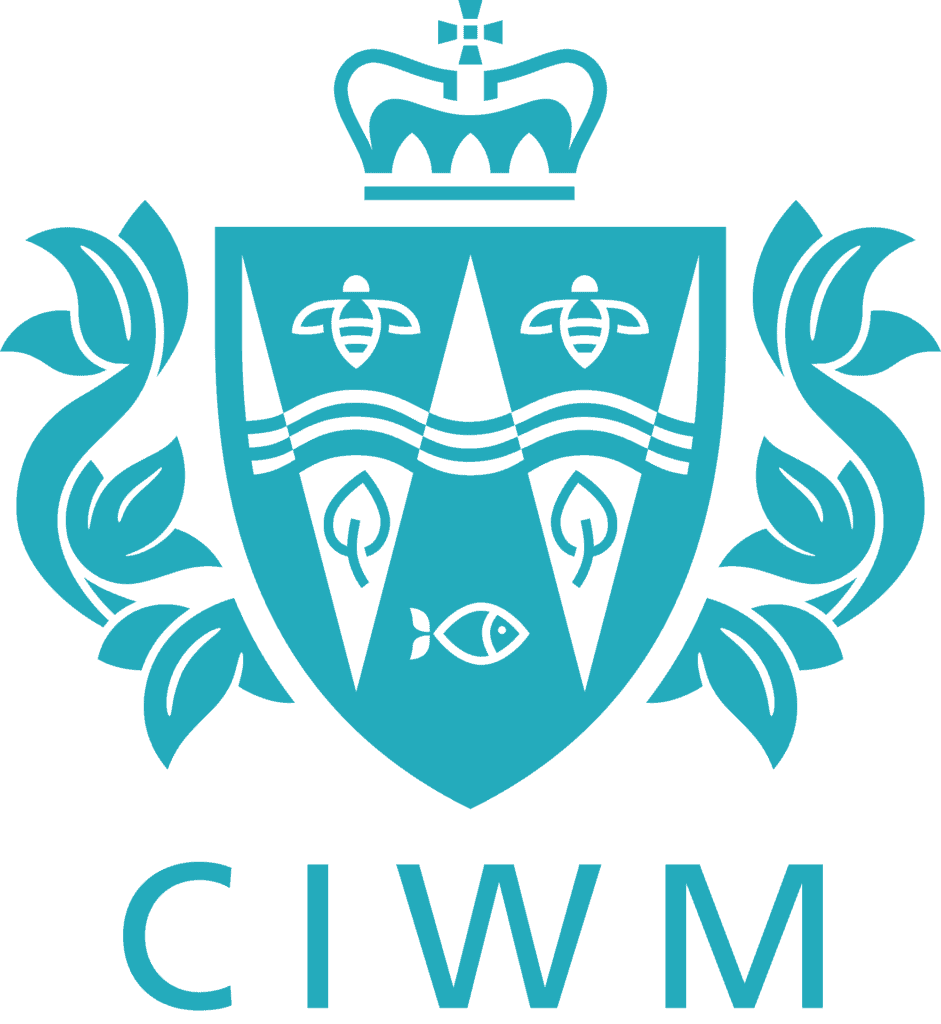The resource and waste management sector is experiencing a period of significant change as society looks to tackle global challenges by transitioning to a more circular economy. Whilst there will always be a need for some forms of waste management, it will be the management of resources that will take priority in the future. This transition will offer opportunities to collaborate with other sectors – by influencing their design, harvesting their materials, or feeding their supply chains with secondary resources.
To support this transition, the sector must deal with a series of environmental challenges linked to the rising levels of waste generated, shifting waste composition (e.g. increasing electronic and hazardous materials), greenhouse gas emissions from waste decomposition, tackling waste crime, inadequate recycling rates, and resource scarcity issues.
Efforts to mitigate these environmental challenges involve a focus on sustainable practices, waste reduction, improved recycling infrastructure, and innovative technologies and policies. These actions aim to advance the circular economy, reduce resource waste, and enhance the sector’s ability to handle waste effectively while minimising environmental impacts.
Examples of some exciting projects tackling resource issues include:
- The Renew hub and associated shops launched in Greater Manchester in 2021. This project has seen recycling and recovery organisation SUEZ work in partnership with Greater Manchester Combined Authority and nine local authorities to deliver re-use on an industrial scale. The team have a broad range of expertise from retail including customer service, merchandising, stock control, online sales and digital marketing; to creative trades (e.g. interior design, photography, upholstery, carpentry and cycle repair); and logistics to support the operation, such as warehouse staff and drivers. The operation’s management team continue to evolve its offer and develop its network of regional partners.
- The Library of Things (LOT) offers a convenient and sustainable alternative to purchasing items that people only use occasionally, such as steam cleaners and hedge trimmers. LOT began as a grassroots movement with the testing of some 400 different types of items, before evolving into a self-service, off-the-shelf system that’s commissioned by local authorities and installed in reuse shops, climate action shops, libraries, and community action shops.




